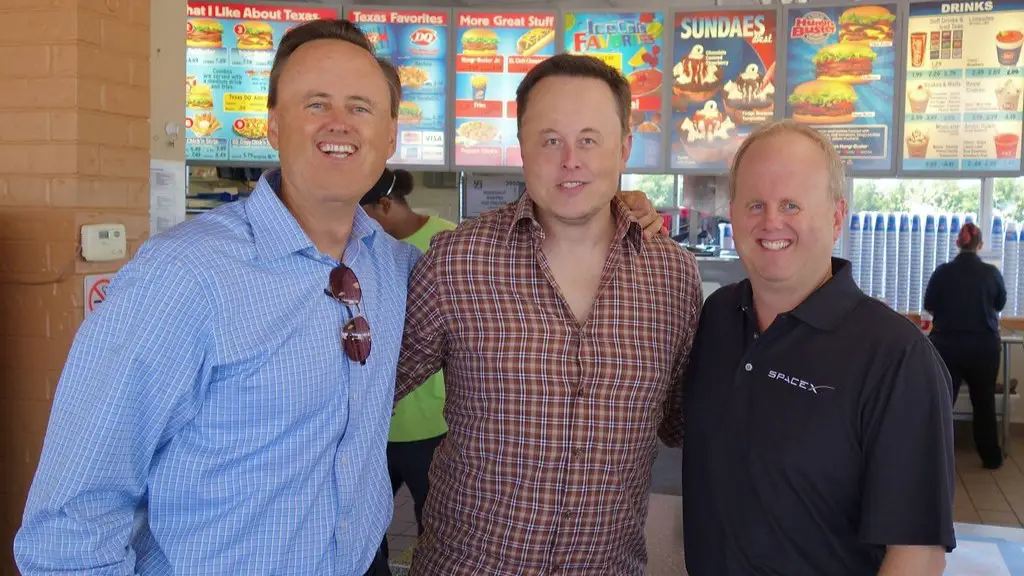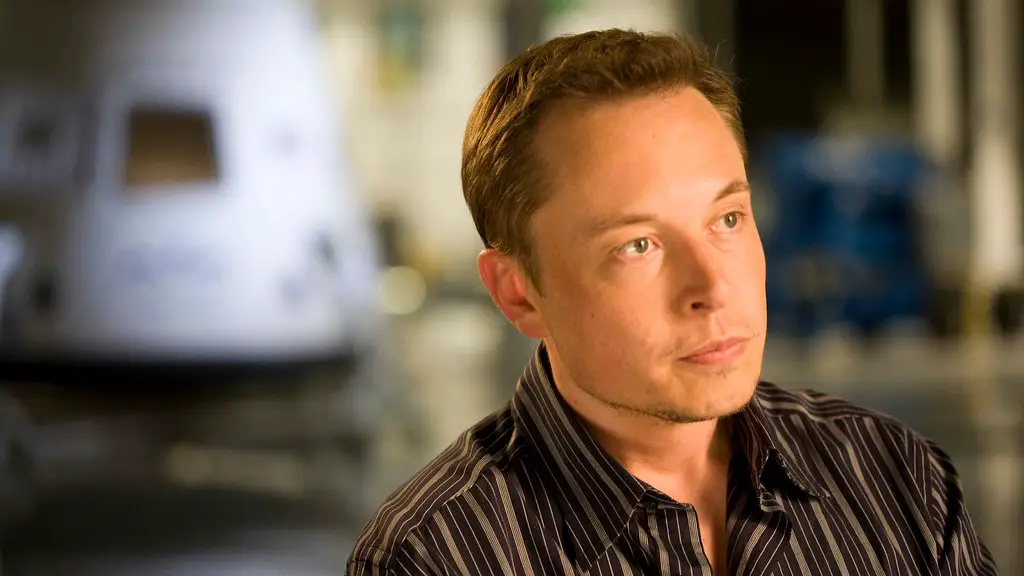Early Childhood
Elon Musk was born in Pretoria, South Africa on June 28, 1971. He was raised in an upper-middle-class family, and his childhood home had a library. His father, Errol Musk, was an electromechanical engineer and his mother, Maye Musk, was a model and nutritionist. His parents divorced when he was ten, and he stayed with his father who encouraged him to be independent, to start businesses, and to strive for excellence. Musk attended the prestigious Waterkloof House Preparatory School and Bryanston College, a mathematics and science public school. In 1989, at age 17, he left South Africa for Canada to attend Queen’s University and obtained dual Canadian-American citizenship in order to attend graduate school in the United States.
Musk was a bright student and was already familiar with coding. He used a Commodore VIC-20 to create and sell video games. In high school, he was a prodigy and studious, preferring books over sports. He was interested in computers, energy-efficient engines and space exploration. While studying at Queen’s, Musk shared a rented house with several friends and had a walk-in closet that he used as a bedroom.
At age twenty, he left Canada to attend the University of Pennsylvania, first studying a Bachelor of Science degree in physics and subsequently a Bachelor of Arts degree in economics. There, he met his future wife, Justine, and the two later had sons – Griffin, Xavier, Damian and Kai.
Career Start
In 1995, Musk left graduate school and began his entrepreneurial career. He worked on many projects, ranging from video games to websites to financial software, and earned hundreds of millions from his tech ventures. He founded Zip2 and sold it to Compaq for $340 million. He then launched X.com, which later merged with PayPal, netting him another $150 million. He later founded SpaceX, Tesla, SolarCity and The Boring Company.
Musk’s business ventures have revolutionized transportation, energy production and space exploration, pushing the boundaries of what was thought possible. SpaceX, for example, achieved the first successful landing of a reusable rocket, an achievement previously thought to be decades away. He is also the face of a rapidly developing era of clean energy and electric vehicles, thanks to his pioneering companies and impactful advances in the auto industry.
Currently, as a CEO of multiple companies, Musk has an eye on Earth, as well as beyond it. Endeavouring to find world-changing solutions, he has declared plans for a Hyperloop transport system, the large-scale colonization of Mars, complete self-driving transportation systems, and a floating city in the ocean.
Leadership Style
Musk has become known for his unorthodox and eccentric leadership style, combining rigorous engineering competency, rigorous focus on results and customer success, and a wide-reaching vision of the future. His management style doesn’t always sit well with those around him and that occasionally causes him to struggle, but it has also allowed him to achieve things others wouldn’t.
Musk’s impatience with bureaucracy has also has contributed to his success. He is not afraid to choose his own path and go against conventional wisdom and authority. He is unafraid to challenge accepted norms, and has pushed the boundaries of traditional fields by introducing revolutionary technology and products.
Conclusion
Elon Musk’s childhood and early career are the stuff of legend. Growing up in South Africa, Musk received a privileged and intensive scientific education, with parents who encouraged him to think for himself. Even in his earliest start-ups, Musk was trailblazing, introducing revolutionary technology and eschewing conventional ideas.
Today, Musk remains one of the most innovative and influential businesspeople in the world. His unwillingness to accept existing rules, listen to authority and be held back by conventional thinking has helped him to achieve success that seems almost impossible. Musk’s companies and products have improved the state of the world and pushed humanity ever closer to his ambitious and revolutionary goals.

